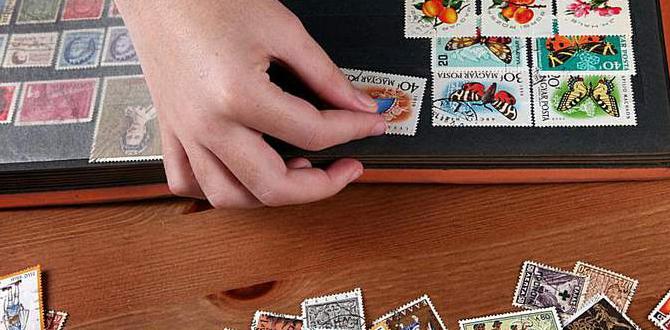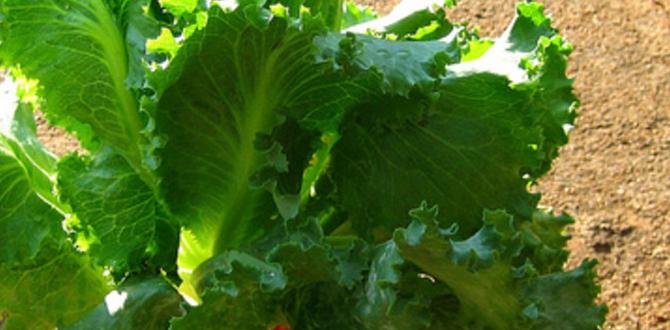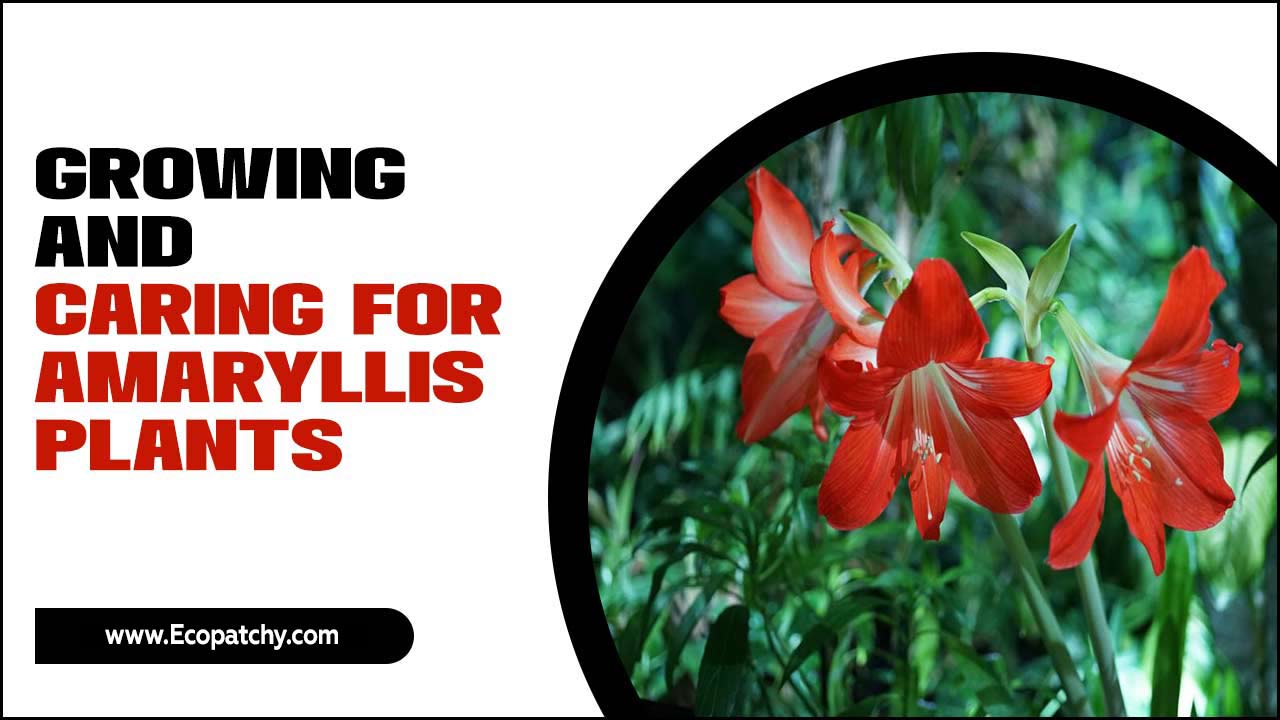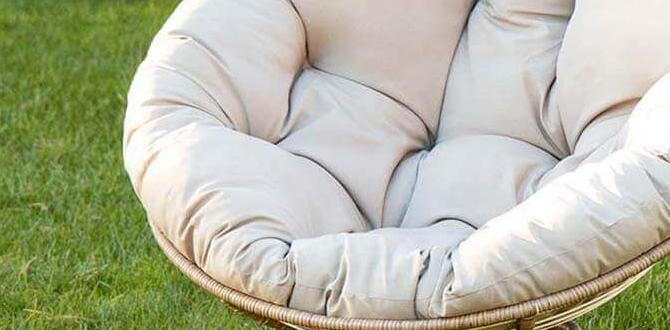Have you ever thought about using urine for gardening? Yes, you read that right! Many gardeners swear by this surprising method. Imagine having a natural fertilizer right in your home. It’s both simple and effective.
Using urine might sound odd at first, but it’s packed with nutrients. These nutrients help plants grow strong and healthy. Did you know that human urine contains nitrogen, phosphorus, and potassium? These are key ingredients for plant growth!
What if I told you that ancient cultures used urine in their gardens for centuries? They discovered its benefits long before we had fancy fertilizers. Today, more people want to try eco-friendly methods. Are you curious about how urine can improve your garden? Let’s explore this unique topic together!
Using Urine For Gardening: A Natural Fertilizer Solution
Using Urine for Gardening
Did you know your pee could help your garden grow? Urine is rich in nitrogen and can act as a natural fertilizer. This means fewer chemicals and more nutrients for plants. To use it, you can dilute it with water, making a mix of one part urine to ten parts water. Some gardeners even say it helps repel pests! Just remember to use it wisely. A healthy garden could spring up from your bathroom routine!Understanding the Nutritional Value of Urine
Composition of urine: nitrogen, phosphorus, potassium. Benefits as a fertilizer compared to synthetic options.
Urine is a fantastic surprise in gardening. It contains three main nutrients: nitrogen, phosphorus, and potassium. Think of them as the superhero trio for plants! Nitrogen helps with leafy growth, phosphorus boosts root development, and potassium strengthens plants against stress. Using urine as fertilizer is also better than synthetic options. It’s free, eco-friendly, and reduces waste. Plus, why buy expensive fertilizers when nature provides a perfectly good one? Remember, even plants love a little ‘liquid gold’ to grow!
| Nutrient | Function |
|---|---|
| Nitrogen | Promotes green, leafy growth |
| Phosphorus | Enhances root and flower development |
| Potassium | Strengthens plant defenses |
How to Collect and Store Urine for Gardening
Safe collection methods for home use. Best practices for storage to maintain nutrient integrity.
Gathering urine for your garden can be done safely and easily. First, use a clean container, like a plastic bottle, and ensure it’s labeled. This keeps it safe from mix-ups with drinks—no one wants a surprise sip! Next, store the urine in a cool spot, away from sunlight. This helps keep the nutrients intact. Remember, fresh urine is best. Here’s a quick table with handy tips:
| Collection Method | Storage Tips |
|---|---|
| Use clean, labeled containers | Keep in a cool, dark place |
| Collect regularly for best results | Use within a few weeks |
By following these friendly steps, you can help your plants thrive with nature’s goodness! You’ll be the garden guru in no time—just don’t let your neighbors catch you giggling as you collect it!
Proper Dilution Techniques Before Application
Recommended dilution ratios for different plants. Importance of preventing plant burn and soil imbalance.
Before you start your gardening adventure, knowing how to dilute is key! Different plants need different levels of “liquid gold.” For leafy greens, mix one part urine with ten parts water. For flowers, a mix of one to fifteen works wonders. This keeps plants happy and avoids the dreaded plant burn. Nobody wants crispy leaves! Too much can hurt the soil, too. Balance is everything.
| Plant Type | Recommended Dilution Ratio |
|---|---|
| Leafy Greens | 1:10 |
| Flowering Plants | 1:15 |
| Fruits | 1:20 |
Choosing the Right Plants for Urine Fertilization
Best crops and plants that thrive with urine application. Plants to avoid due to sensitivity or adverse reactions.
When it comes to choosing plants for urine fertilization, some crops shine while others may not appreciate the extra nutrients. Great options include tomatoes, cucumbers, and squash. These plants love nitrogen, which is abundant in urine. However, stay away from sensitive plants like lettuce and spinach; they can react poorly to this unique fertilizer. Remember, it’s all about happy plants! Choose wisely, and your garden will thank you.
| Plants That Thrive | Plants to Avoid |
|---|---|
| Tomatoes | Lettuce |
| Cucumbers | Spinach |
| Squash | Beans |
Application Methods for Optimal Results
Direct application vs. soil incorporation. Timing: when to apply for maximum nutrient uptake.
There are two main methods to use urine for gardening: direct application and soil incorporation. For direct application, dilute the urine and spray it directly on plants. For soil incorporation, mix it into the soil before planting. Timing is also key for best results. Apply urine during early morning or late afternoon for maximum nutrient uptake. This helps plants absorb nutrients quickly.
What is the best time to apply urine for gardening?
Apply urine in the early morning or late afternoon. This timing helps plants take in nutrients better and avoids burning leaves.
| Method | Best Timing |
|---|---|
| Direct Application | Early Morning |
| Soil Incorporation | Late Afternoon |
Addressing Safety and Health Concerns
Understanding pathogens and hygiene practices. Guidelines for using urine to ensure safe gardening.
Using urine in gardening can be safe if you follow some basic hygiene rules. First, it’s essential to understand that urine can carry pathogens if not handled correctly. Always wash your hands after using urine. Here are a few tips:
- Only use fresh urine.
- Do not apply urine directly to edible plants.
- Dilute it with water before using it.
- Use it on non-edible plants or in compost.
Following these simple guidelines will help keep your garden safe. Remember, a little care goes a long way in making your gardening experience enjoyable!
Can urine harm plants?
No, urine can actually help plants grow when used properly. It provides nitrogen, which is essential for plant health, but it must be diluted and used cautiously.
Environmental Benefits of Using Urine in Gardening
Reducing chemical runoff and promoting sustainability. Contribution to nutrient recycling and waste reduction.
Using urine in gardening can help keep our planet clean. It cuts down on chemical runoff, making water safer for all living things. This means fewer chemicals wash into rivers and streams, which is great for fish and frogs! Also, using urine helps recycle nutrients and reduces waste. Think of it as nature’s way of giving your plants a vitamin boost while keeping trash out of landfills. Waste not, want not!
| Benefits | Details |
|---|---|
| Reduces Chemical Runoff | Less harm to water systems. |
| Promotes Sustainability | Supports eco-friendly gardening. |
| Nutrient Recycling | Keeps nutrients in the soil. |
| Waste Reduction | Less garbage in landfills. |
Case Studies and Success Stories
Examples of gardeners successfully using urine. Testimonials and shared experiences from the gardening community.
Many gardeners have tried using urine and found great success. Here are a few examples:
- One gardener claimed his tomato plants grew 30% larger.
- Another shared their roses bloomed faster and brighter after using diluted urine.
- A community garden reported healthier soil and more vibrant vegetables.
Gardeners love to share successes and tips. They say urine can help keep plants strong and reduce waste. With each experience, more people discover the wonders of this natural fertilizer. It’s exciting to see the garden grow!
What do gardeners say about using urine?
Gardeners say urine is a powerful plant boost. They enjoy saving both money and resources while creating healthy gardens.
Common Mistakes to Avoid with Urine Fertilization
Misapplication and overfertilization pitfalls. Ignoring specific plant needs and environmental factors.
Using urine in gardening can be great, but mistakes can harm plants. Misapplying urine can lead to weak plants. Applying too much is another common error. It can burn roots, causing damage. Also, every plant has specific needs. Ignoring these needs can hurt growth. Environmental factors like soil type and weather can change how plants use nutrients. Always check these signs before you fertilize!
What are some common mistakes with urine fertilization?
Some common mistakes include:
- Using too much urine.
- Not knowing plant needs.
- Ignoring soil type.
- Neglecting weather conditions.
Conclusion
In conclusion, using urine for gardening can be a smart choice. It’s rich in nutrients like nitrogen, which helps plants grow. Always dilute it with water to avoid burning your plants. If you want to try this, start small and see how your garden thrives. Remember to read more about it and share your experiences with friends!FAQs
What Are The Potential Benefits Of Using Urine As A Fertilizer In Gardening?Using urine as fertilizer can be great for gardening! It has a lot of nutrients that help plants grow. Urine is rich in nitrogen, which makes plants strong and healthy. It is also easy to use and free, so we can save money. Plus, using urine helps recycle waste and keeps the environment clean!
How Should Urine Be Diluted Before Applying It To Garden Plants?To use urine in your garden, you should dilute it with water. A good mix is one part urine to ten parts water. This means if you use one cup of urine, add ten cups of water. Stir it well before using it on your plants. This way, you give your plants nutrients without hurting them.
Are There Any Safety Concerns Associated With Using Urine In Gardening?Yes, there are safety concerns when using urine in gardens. Urine can contain germs that might make you sick. It’s important to use only your own urine, not someone else’s. Always wash your hands after handling it. To be extra safe, you should dilute urine with water before using it on plants.
What Types Of Plants Respond Best To Urine Application As A Nutrient Source?Plants that love urine as a food source are usually leafy green plants. This includes vegetables like lettuce, spinach, and kale. These plants grow fast and need lots of nitrogen, which urine has. You can also use it on flowers that like rich soil. Just remember to dilute it with water before using!
How Can Gardeners Collect And Store Urine For Effective Use In Their Gardening Practices?You can collect urine in a clean container like a plastic bottle. Make sure to label it so you know what it is. For storing, keep it in a cool, dark place. When you’re ready to use it, mix one part urine with ten parts water to make it safe for plants. Remember to use it on the soil, not directly on the leaves.







